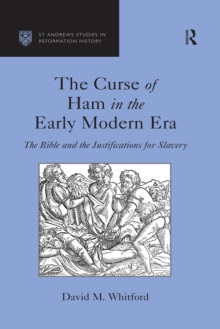
Reforming the Art of Dying : The ars moriendi in the German Reformation (1519-1528) EPUB
by Austra Reinis
Part of the St Andrews Studies in Reformation History series
EPUB
Description
The Reformation led those who embraced Martin Luther's teachings to revise virtually every aspect of their faith and to reorder their daily lives in view of their new beliefs. Nowhere was this more true than with death. By the beginning of the sixteenth century the Medieval Church had established a sophisticated mechanism for dealing with death and its consequences. The Protestant reformers rejected this new mechanism. To fill the resulting gap and to offer comfort to the dying, they produced new liturgies, new church orders, and new handbooks on dying. This study focuses on the earliest of the Protestant handbooks, beginning with Luther's Sermon on Preparing to Die in 1519 and ending with Jakob Otter's Christlich leben vnd sterben in 1528.
It explores how Luther and his colleagues adopted traditional themes and motifs even as they transformed them to accord with their conviction that Christians could be certain of their salvation.
It further shows how Luther's colleagues drew not only on his teaching on dying, but also on other writings including his sermons on the sacraments.
The study concludes that the assurance of salvation offered in the Protestant handbooks represented a significant departure from traditional teaching on death. By examining the ways in which the themes and teachings of the reformers differed from the late medieval ars moriendi, the book highlights both breaks with tradition and continuities that marked the early Reformation.
Information
-
Download - Immediately Available
- Format:EPUB
- Pages:304 pages
- Publisher:Taylor & Francis
- Publication Date:05/12/2016
- Category:
- ISBN:9781351905718
Other Formats
- PDF from £35.99
- Hardback from £155.00
Information
-
Download - Immediately Available
- Format:EPUB
- Pages:304 pages
- Publisher:Taylor & Francis
- Publication Date:05/12/2016
- Category:
- ISBN:9781351905718










